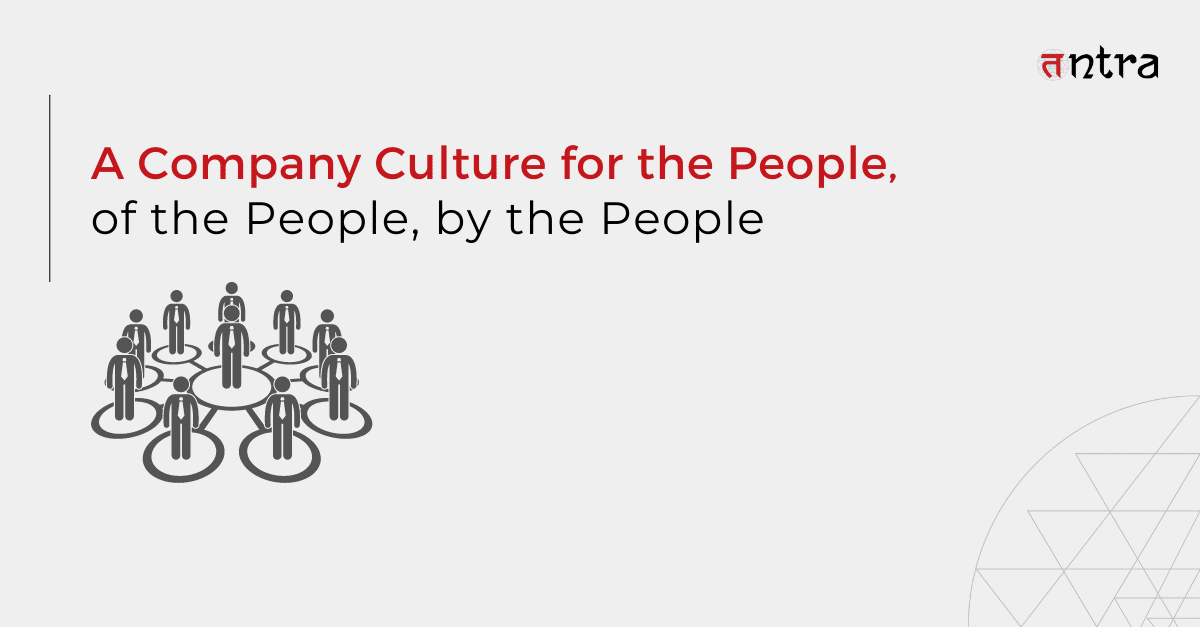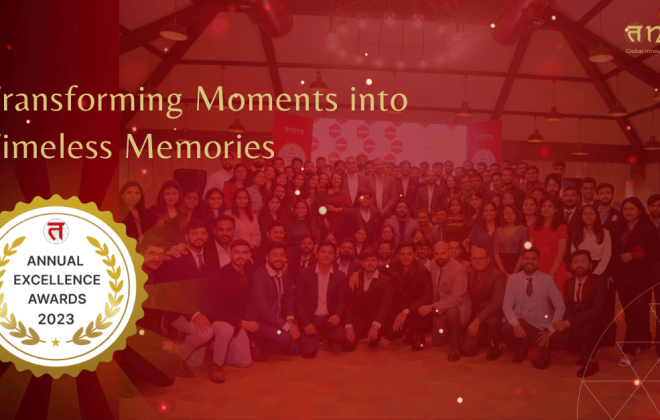
A Company Culture for the People, of the People, by the People
Table of Contents
ToggleZappos hires new employees through a cultural fit interview. It carries half the weightage for the hiring of a candidate. And if the new employee doesn’t like the company after a week of training and decides to quit, they are offered $2,000. When new employees turn down the money, they turn out to be much more passionate and engaged because they realize that it’s a place they really want to be and contribute.
Every team member of Zappos gets training in the 10 core values. A high amount of the company budget is dedicated to employee team building and culture promotion. Zappos also focuses on creating better communication with supervisors, managers, and their team members.
A small but important cultural detail is that Zappos also offers to pick up people at the airport, offers them a tour of the company, and then drives them to the hotel. This is a practice that takes place only at the headquarters in Las Vegas.
(Source: Neil Patel, Entrepreneur)
The Transformations in Company Culture
46% of job seekers find company culture as the most important factor while applying for a job. It is a deciding factor in the application process as candidates seek to work for a company that has high regard for its culture. It includes work-life balance, employee perks and benefits policies, and the company environment.
From the other side of the story, 91% of managers in the US believe that a candidate’s fit with the company culture is equal to or even more important than their skills and experience. Applicants who understand and align with the culture tend to stay with the company for a longer duration.
94% of executives and 88% of employees believe that a distinct workplace culture is important to ensure business success. Whether it’s offering a gym membership, a hybrid work policy, or a laid-back vacation – all these directly or indirectly contribute to success for the company and the employee.
All statistics and data point towards a single thing – company culture importance is of high value in the employee’s contribution to work and a company’s move towards business goal achievement.
Building a People-focused Company Culture
As the “return to office” continues, culture dynamics change drastically. It’s time for enterprises, startups, and traditional large-scale companies to reevaluate their culture. The internal (number of employees, office policies, etc.) and external (market forces, employee demand, etc.) both need to be considered while creating a people-focused company culture.
Often, companies struggle to answer “How to build company culture?” Today, it’s not about what the company NEEDS to offer its employees – it’s about what the employee WANTS. The primary reason for this modification – candidates have a number of options and opportunities available as remote work comes into play. However, remote work culture and office culture have stark differences based on people interaction, engagement, and growth.
Here are a couple of things that companies can do to create a people-centric culture as workplaces open:-
- Complete Transparency
- Open-door policies are a thing of the past – now, employees should be offered complete transparency. How the company is performing, team reviews and feedback, client interactions, and whatnot. Transparency builds trust, which enables people to improve and engage in a much better manner.
- Transparency with information and resources also offers an open forum for meaningful conversations between employees, leading to better ideas for growth.
- Freedom to Fail
- Another factor that shapes company culture examples is the freedom to fail. Tntra is one such example of a company that encourages its employees to make mistakes. When teams feel they can experiment but won’t be reprimanded for failure, they experiment often. When people throw a lot of things at a wall – one of them is bound to stick.
- Such should be the case as people come up with new ideas. More freedom to explore and implement fresh thoughts and concepts is what everyone is looking for at the organization rather than looking at company culture quotes.
- Employee Involvement
- Last but not least, employee involvement significantly contributes to shaping the company culture and values. For this, the policy definition should be in the people’s favor rather than the organization’s. What this means is giving the people what they want but with alignment with the company’s operations.
- For example, if remote work isn’t possible, a hybrid policy is enough to drive employees in the direction of involvement. If every Friday “fundays” are not possible, a company outing every month works. Finding common ground where employees and the company can play together leads to higher productivity and better results.
Conclusion
Company Culture is one of the biggest pillars of success. Employees are looking for personal and professional support from the company – whether it comes in the form of a remote work model or a generous vacation policy. As culture becomes a priority, we at Tntra, a trusted software product engineering company, encourage our employees to shape the company’s policy. Employees are free to make their own decisions, and the best support is provided to them through a global network of mentors.





